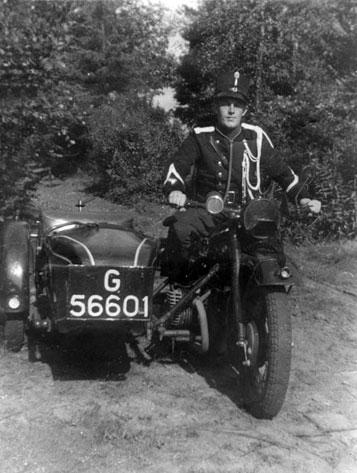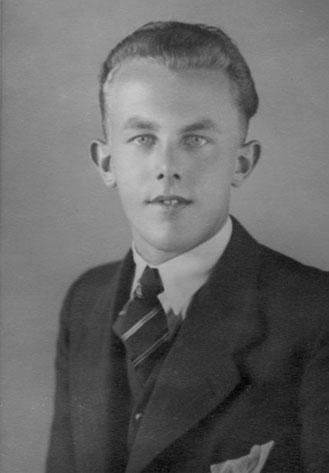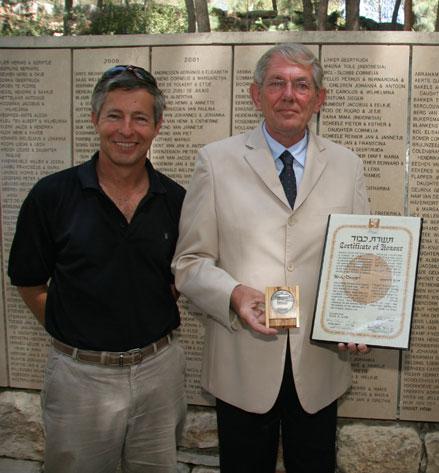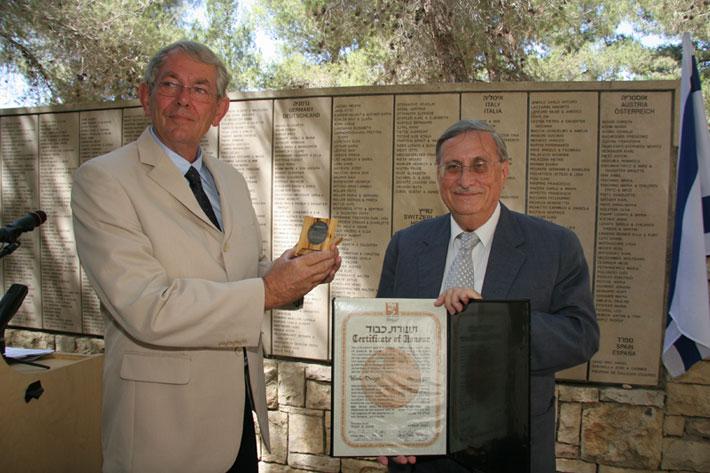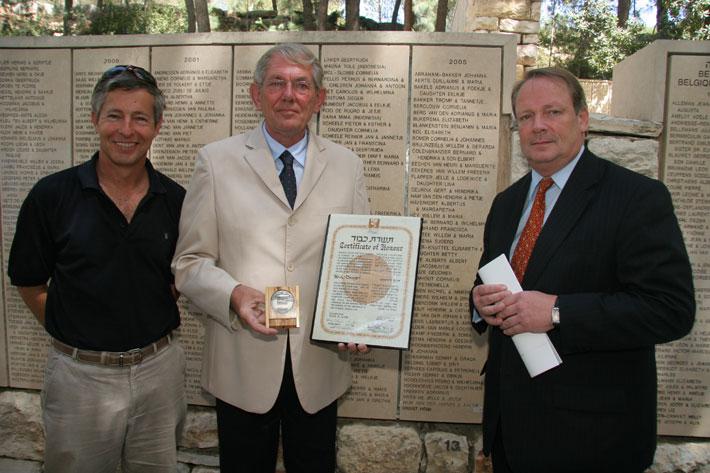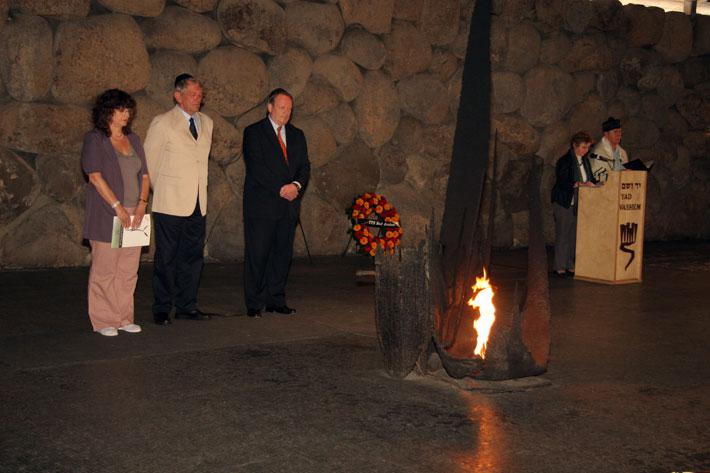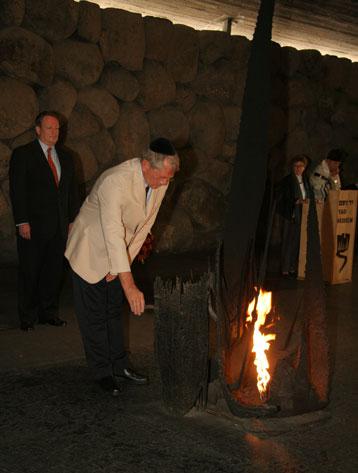All over Europe policemen did their jobs. Many never stopped to reflect on the significance of the task they had been given; others may have sympathized with the people they were tearing from their homes, but felt they were under orders and that there was nothing they could do about it; some went and warned Jews of their impending arrest. We know only of a couple of very rare cases of open resistance to follow these horrific orders.
On March 9, 1943 the military police – Marechaussee in Grootegast received the order to arrest the remaining Jews of the area and to bring them to the Groningen railway station. The policemen first tried to argue that the Jews were ill and even had a physician provide a statement to that effect. However, when their superiors would not go along with the ploy and ordered them to carry out the instructions anyway, they refused. Their commanders tried to pressure them into obeying the orders in every possible way: each of them was questioned separately; they were threatened with concentration camp; when everything else failed, they were given time to think it over and change their minds. The policemen stood firm. Finally they were told to surrender their weapons and were taken to Vught.
In 1988 they all were recognized by Yad Vashem as Righteous Among the Nations.
But there had been another policeman in that group. His name was not included in the list that was presented to the Commission for the Designation of the Righteous because he had managed to escape before the arrest. Another twenty years passed before Yad Vashem was able to complete the picture.
Following his escape, Henk Drogt joined one of the Dutch resistance groups. In the coming months he was on the wanted list and had to live in the underground, where he took part in smuggling downed allied pilots to the Belgian border, in helping Jews in hiding and participated in other resistance operations. In the beginning of August 1943 he was caught, put on trial and sentenced to death. Henk Drogt was executed on April 14, 1944. A day before his execution he was allowed to write a letter to his family. “Dear all, I have to tell you the worst – today I and my friends got the death sentence. It is terrible that we have to part from all those who are dear to us in this way…I always had hope that I could be with you for one more time, but the Lord wanted differently…”. The entry in the death book of the Oranjehotel prison in Scheveningen dryly states: “policeman, refused to arrest Jews.”
This is a story of extreme courage and sacrifice. But it is also the story about memory that spans over three continents, proving yet again that the Holocaust is not a closed chapter. Thus sixty-four years after the events, an EL AL pilot, Mark Bergman (here with us today), wrote to Yad Vashem to tell us of the man he had met on one of his flights to South Africa. Henk Brink’s stories about his late father motivated Bergman to turn to Yad Vashem, and thus the file was reopened. Thanks to painstaking efforts and searches in various archives we were able to piece the story together.
Henk Drogt was 24 years old when he was executed. He was planning to get married and his girlfriend was expecting a child – a son that he did not live to see. He had the promise of a good future and a happy life, and yet when faced with a moral dilemma, he was willing to sacrifice everything rather than compromise his values. While the majority looked on, Drogt refused to be a bystander. He was willing to pay with his life for not participating in the murder of Jews who were probably total strangers to him.
For his awe-inspiring courage and determination, Henk Drogt was recognized as Righteous Among the Nations by Yad Vashem.
